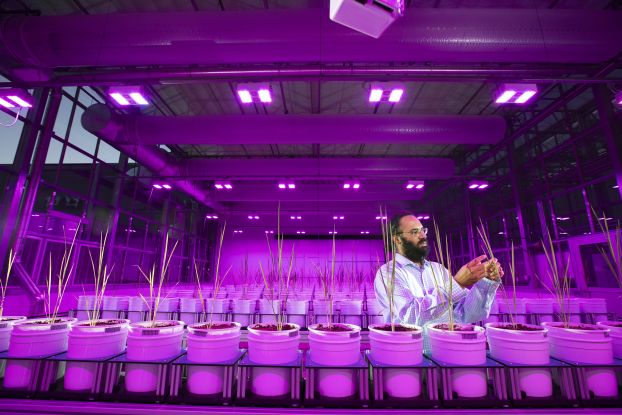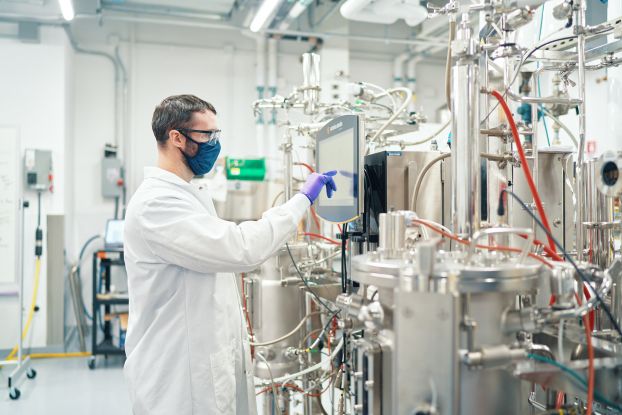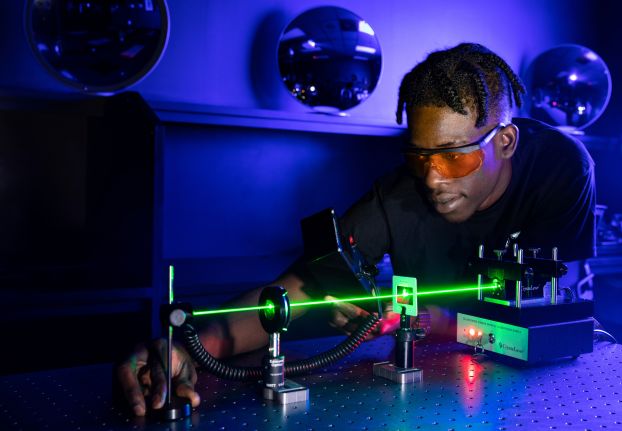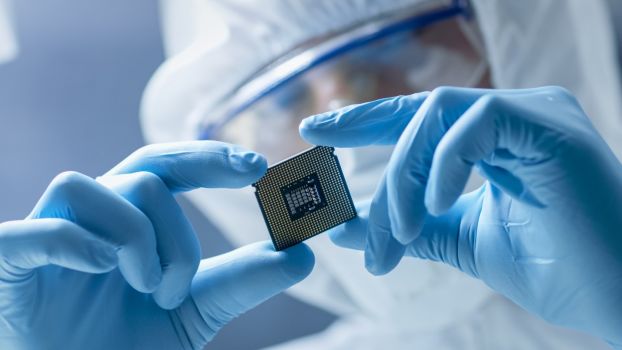America's Seed Fund

Who can apply: Startups and small businesses
America's Seed Fund powered by NSF, the Small Business Innovation Research and Small Business Technology Transfer (SBIR/STTR) programs, funds hundreds of deep-tech startups each year working across almost all areas of science and technology.
Each startup can receive up to $2 million from NSF for early-stage research and development; NSF takes no equity in the companies it funds.
Small businesses located in the United States are eligible to apply. Visit the America's Seed Fund website for full eligibility criteria.
To apply to America's Seed Fund, you must first submit a Project Pitch to NSF, which can be done at any time. Visit the America's Seed Fund website for instructions on how to apply.
Convergence Accelerator

Who can apply: Researchers at universities, for-profit and nonprofit organizations
NSF's Convergence Accelerator funds transdisciplinary teams of researchers, innovators and other partners from academia, industry, nonprofits, government and other sectors to co-design and co-create technology advances that in turn solve societal and economic challenges.
Teams funded by the program must complete an innovation curriculum under the guidance of mentors and coaches who help steer their projects toward high-impact, societally focused deliverables. Teams can receive up to $5.75 million across two phases.
This hands-on program is recommended for researchers or innovators who are still advancing their research and are interested in gaining use-inspired research skills such as human-centered design, customer discovery and early-stage prototyping.
U.S.-based institutions of higher education, nonprofit organizations and for-profit organizations are eligible to apply. To see the full eligibility criteria, read the latest solicitation or broad agency announcement.
Find open Convergence Accelerator funding opportunities and announcements about upcoming research tracks on the NSF Funding Search website.
Innovative Postdoctoral Entrepreneurial Research Fellowship

Who can apply: Individuals with doctorates in an NSF-supported STEM discipline
Funded by NSF, the Innovative Postdoctoral Entrepreneurial Research Fellowship (I-PERF) recruits, trains, mentors, matches and funds early-career, Ph.D.-level scientists and engineers so they can participate in innovative entrepreneurial activities at some of the nation’s most promising startup companies.
Fellows receive an annual stipend of $78,000, optional individual health and life insurance benefits, relocation assistance to the approved host company, a professional conference travel allowance, and scripted professional development training.
Applicants must have earned a doctoral degree in an NSF-supported STEM discipline within the last seven years. Only U.S. citizens, nationals or permanent residents are eligible to apply. See the I-PERF website for full eligibility criteria.
Visit the I-PERF website to apply.
NSF Entrepreneurial Fellowship

Who can apply: Individuals with research, engineering or technology development experience
Through an agreement with Activate, NSF-funded Entrepreneurial Fellows can develop research breakthroughs into new products and services with broad societal and economic benefits.
Fellows receive at least $350,000 in direct support over two years, including a stipend, travel allowance, research funding and additional flexible capital. In addition to mentorship and funding, fellows gain access to vital research tools, equipment, facilities and expertise through collaboration with host laboratories.
Activate takes no rights to fellows' intellectual property; fellows retain ownership of any intellectual property developed during their fellowship term.
Applicants must have a bachelor's degree and four or more years of post-baccalaureate scientific research, engineering or technology development experience. See the Activate website for full eligibility criteria.
Activate accepts applications each year. Visit the Activate website to learn more.
NSF Innovation Corps (I-Corps™️)

Who can apply: University-based researchers
The I-Corps Teams program supports researchers interested in entrepreneurial education and mentoring, with the goal of reducing the time it takes to bring technologies from the laboratory to the marketplace.
Researchers participate in the seven-week program as a team of three that consists of a technical lead, entrepreneurial lead and business mentor. Participants learn the art of customer discovery and business planning from seasoned entrepreneurs.
There are two pathways for eligibility to the NSF I-Corps program:
- Prior NSF research award: Researchers who have a relevant and related research award from NSF that has been active within the past five years in any area of science or engineering are eligible to apply to the NSF I-Corps program.
- Regional I-Corps training: Researchers who have not received a research award from NSF may earn eligibility to the NSF I-Corps Teams program by first participating in a regional I-Corps program and receiving a letter of recommendation to the national program. Find a regional program.
To apply to the program, start by forming a team. Each team consists of three to five members, including a technical lead, an entrepreneurial lead and an industry mentor. Each team must first apply by submitting an executive summary; learn more on the I-Corps website.
Partnerships for Innovation

Who can apply: Researchers at universities or at public or nonprofit technology transfer organizations
The Partnerships for Innovation (PFI) program gives scientists and engineers the opportunity to increase the impact of their NSF-funded research discoveries by developing their technology into a prototype or proof of concept.
PFI accepts proposals in two broad tracks:
- Technology Translation: Supports commercial potential demonstration projects for academic research outputs in any science and engineering discipline. This demonstration is achieved through concept, prototyping, technology development and scale-up work.
- Research Partnerships: Supports complex, multifaceted technology development projects that are typically beyond the scope of a single researcher or institution, and requires a multi-organizational, interdisciplinary, synergistic collaboration.
PFI Technology Translation projects are funded at up to $550,000 for up to two years. PFI Research Partnerships projects are funded at up to $1 million for three years.
All proposals submitted to the PFI program must be based on NSF-funded research that is current or has been completed within the last seven years. For the full eligibility criteria, see the PFI website.
PFI accepts proposals three times a year. Visit the PFI website for information on how to submit a proposal to the program.


